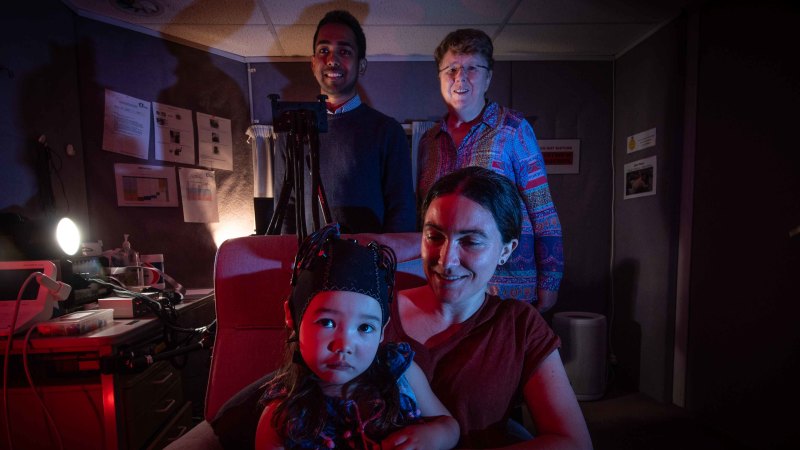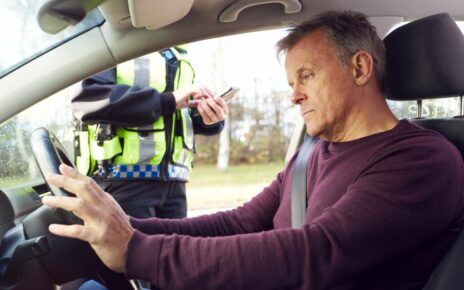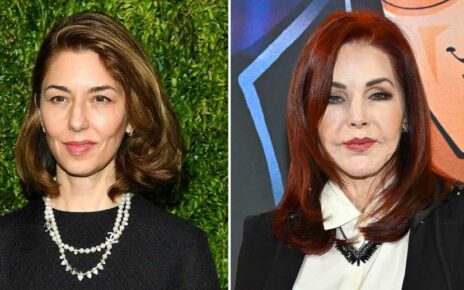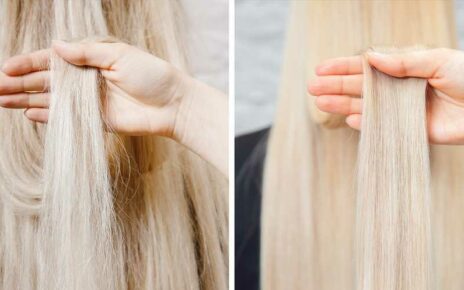Save articles for later
Add articles to your saved list and come back to them any time.
In a dark little laboratory that feels a bit like a cockpit, two-year-old Audrey is putting on her helmet. Or “the silly hat”, as she calls it.
She’s an old hand at this. Scientists have been using invisible, near-infrared light transmitted from Audrey’s “silly hat” to measure how her brain processes sound since she was just three months old.
Maureen Hagan and her daughter Audrey who was part of a recent study using the Eargenie device to measure infant hearing with researchers Ishara Paranawithana (back left) and Colette McKay (back right).Credit: Justin McManus
Back then, Audrey was too young to tell anyone if she could hear the radio – or the silly noises sometimes made by the scientists crowded around her in the testing lab. But on his screen, researcher Ishara Paranawithana could see all the right centres of baby Audrey’s brain light up as she listened.
It’s part of groundbreaking new research by Monash University and the Bionics Institute in Melbourne to help diagnose hearing problems in babies – fast-tracking treatment during the crucial first year of brain development, and mapping the still under-explored realm of language learning.
Audrey’s mother Maureen Hagan is a neuroscientist at Monash herself and says the brain is the last big frontier for medical science. “So much still isn’t understood, so as soon as we got her brain data in, I got very excited,” she says.
Audrey’s hearing is normal, but she and about 25 other healthy babies have now given researchers a baseline to measure how hearing and language develop in the first year of life, compared to infants with hearing impairment.
“We just haven’t had that before,” says Paranawithana, an engineer and PhD student at Monash. “And we hope this will be a cheaper, easier way of getting complex data on what babies can hear [for diagnosis] too, because obviously, they can’t tell us.”
All newborns are screened for hearing problems at birth, and the “bionic ear” or multichannel cochlear implant pioneered by the Bionics Institute’s founder Graeme Clark in the 1970s, now helps people all over the world understand speech.
But fine-tuning treatment to a child’s needs still relies on months and months of observations by clinicians.
“That’s months too long for a baby whose brain is developing so fast,” says lead researcher at the institute Professor Colette McKay.
“Babies need to hear speech to learn to speak … We don’t have a way right now to get that complex [hearing] data easily. So we’re really guessing what’ll help until we can fine-tune through follow-ups with the child.”
There has been a string of scandals over bungled cochlear implants in recent years, including at hospitals in Adelaide and Townsville, where some children were left with ongoing speech development problems.
Ishara Paranawithana’s PHD work mapped infant brains to understand how normal hearing develops.Credit: Monash University/Bionics Institute
For the past few years, McKay has been developing the new method of using light to measure infant hearing, through a device known as the EarGenie, that’s now undergoing clinical trials.
Just as a pulse oximeter transmits light through the skin of a fingertip to measure blood oxygen levels, the testing helmet lights up neurons at work in different areas of the brain, to map function.
“It’s kid-friendly, it’s safe,” says Paranawithana, who admits he found even more neural activity than he expected during his study.
Scientists can even tell if babies can differentiate between different sounds, such as “Mama” versus “Dada”.
Testing is easiest on newborns, who are prone to falling asleep in the lab, laughs McKay.
The end game, she says, is making sure that all kids born with hearing loss aren’t left behind their peers in language development.
But elsewhere in the institute, there’s work on the holy grail – the world’s first cure for deafness – as researchers look to harness nanotechnology to deliver drugs designed to repair cells of the inner ear.
Paranawithana smiles: “This what happens when engineers and medical [scientists] get together.”
Liam Mannix’s Examine newsletter explains and analyses science with a rigorous focus on the evidence. Sign up to get it each week.
Most Viewed in National
From our partners
Source: Read Full Article





